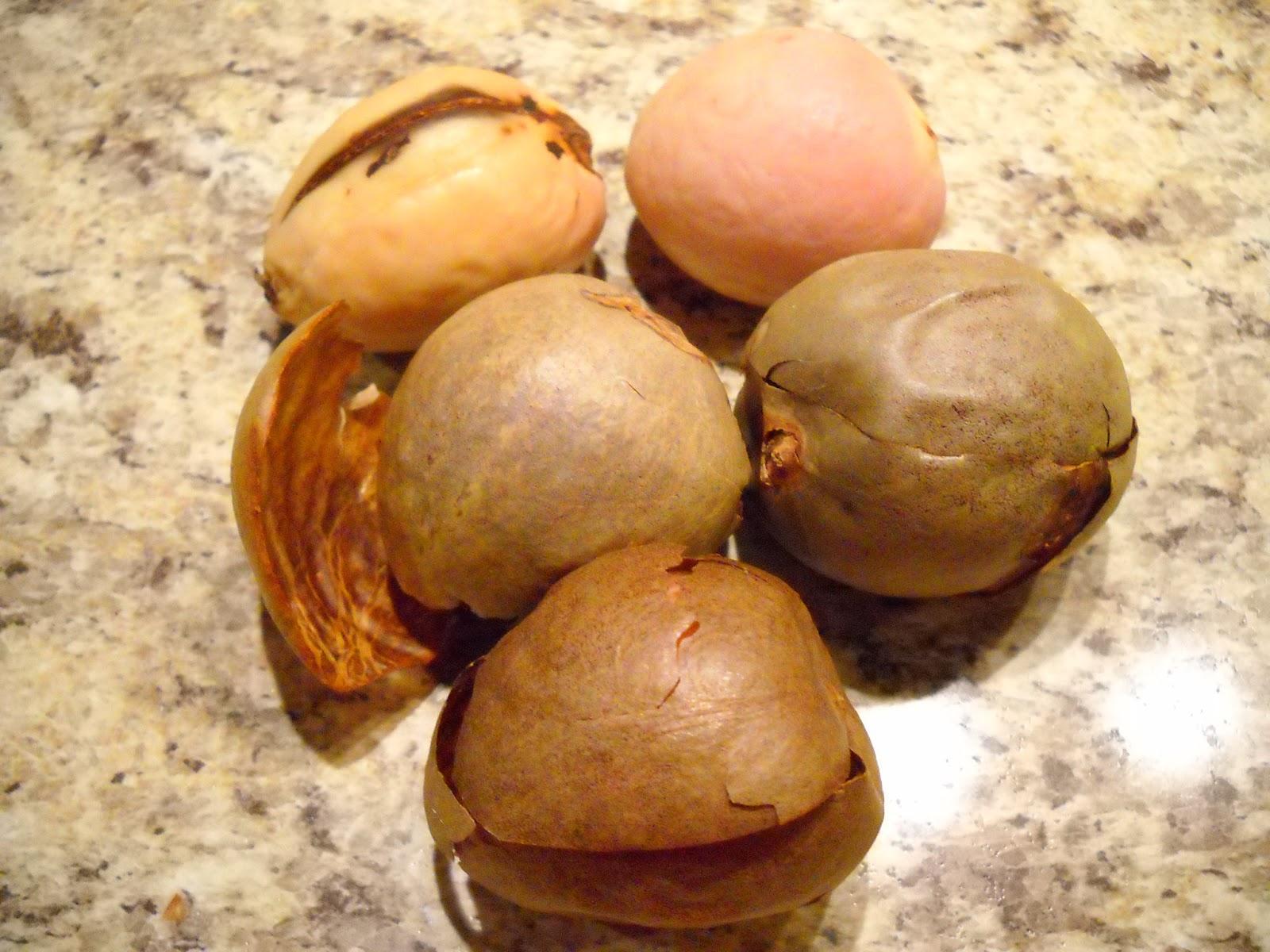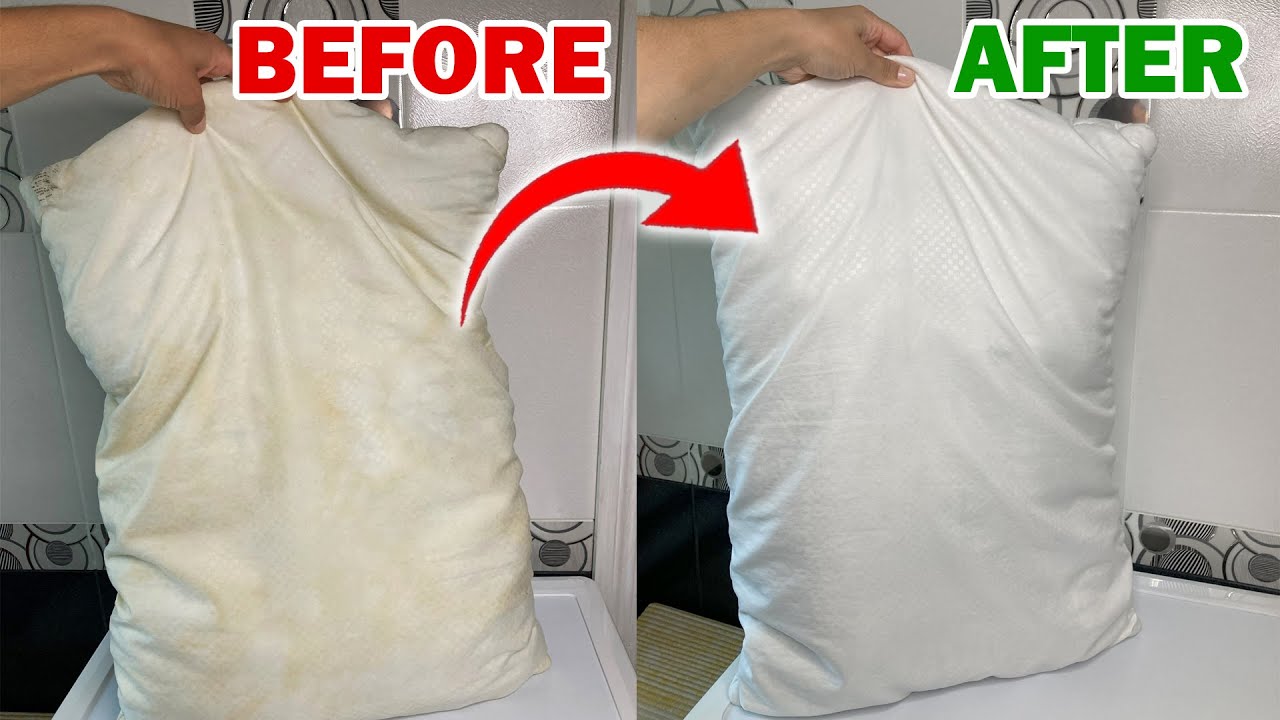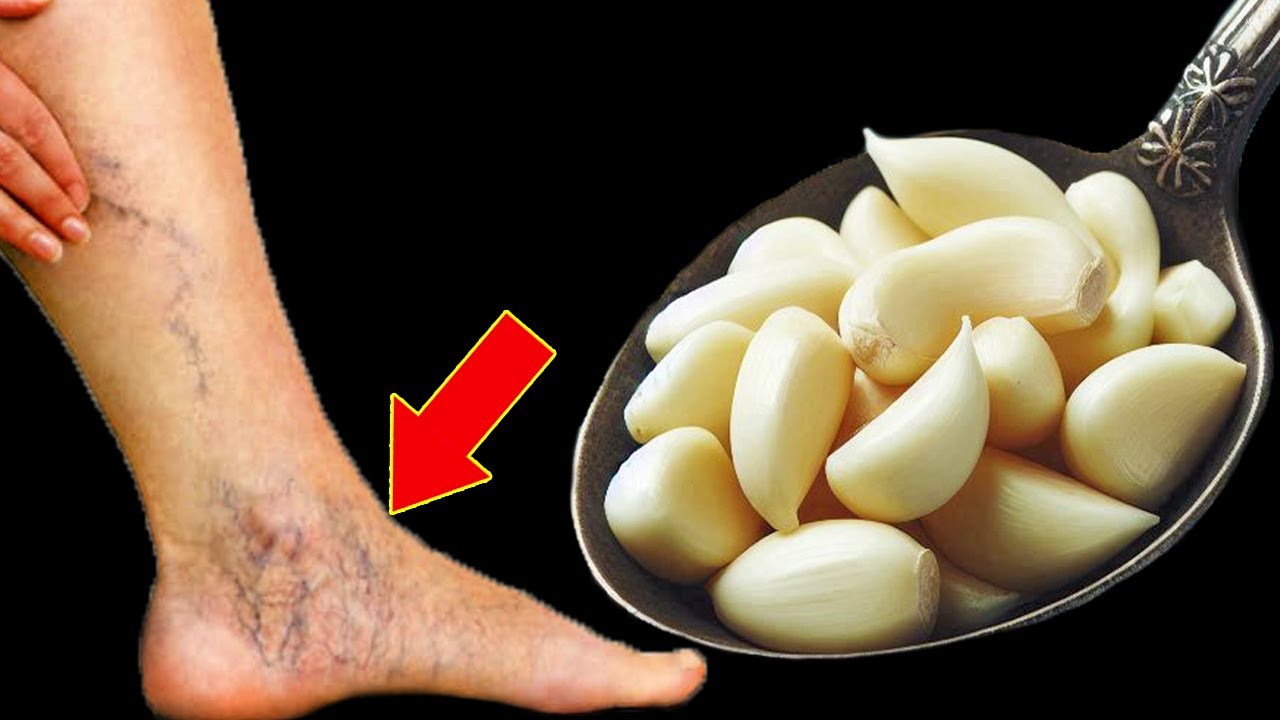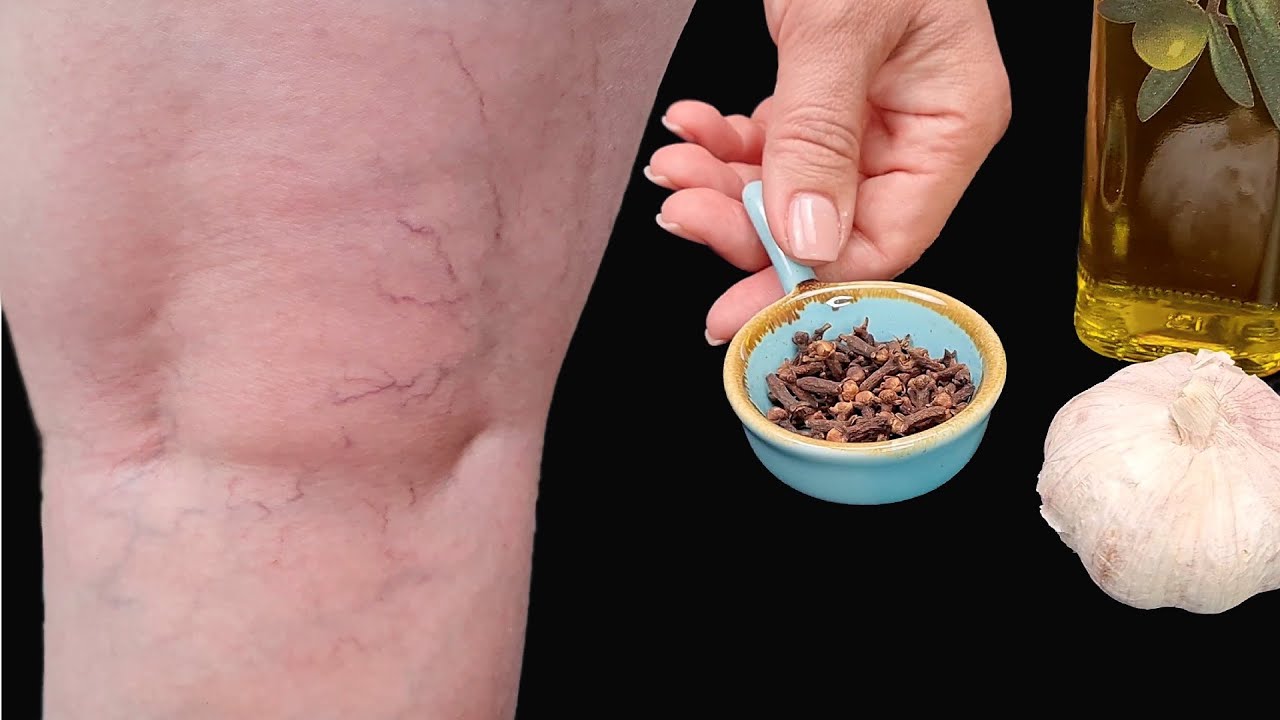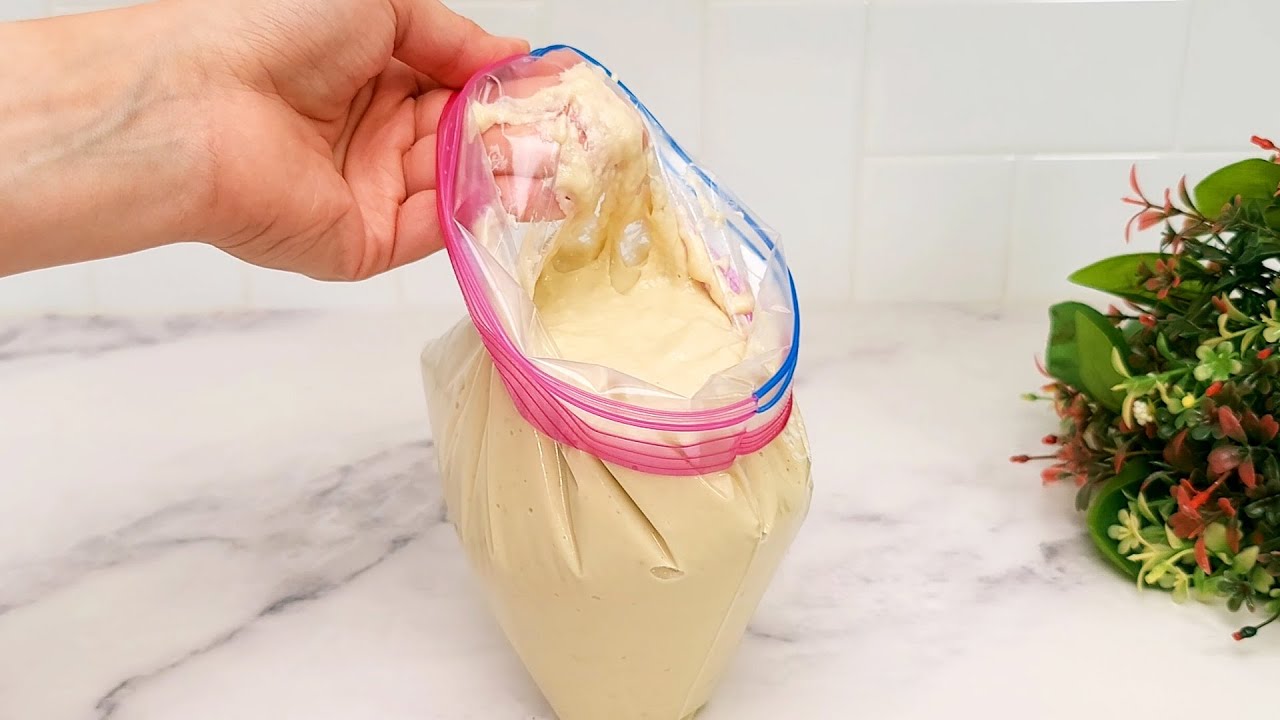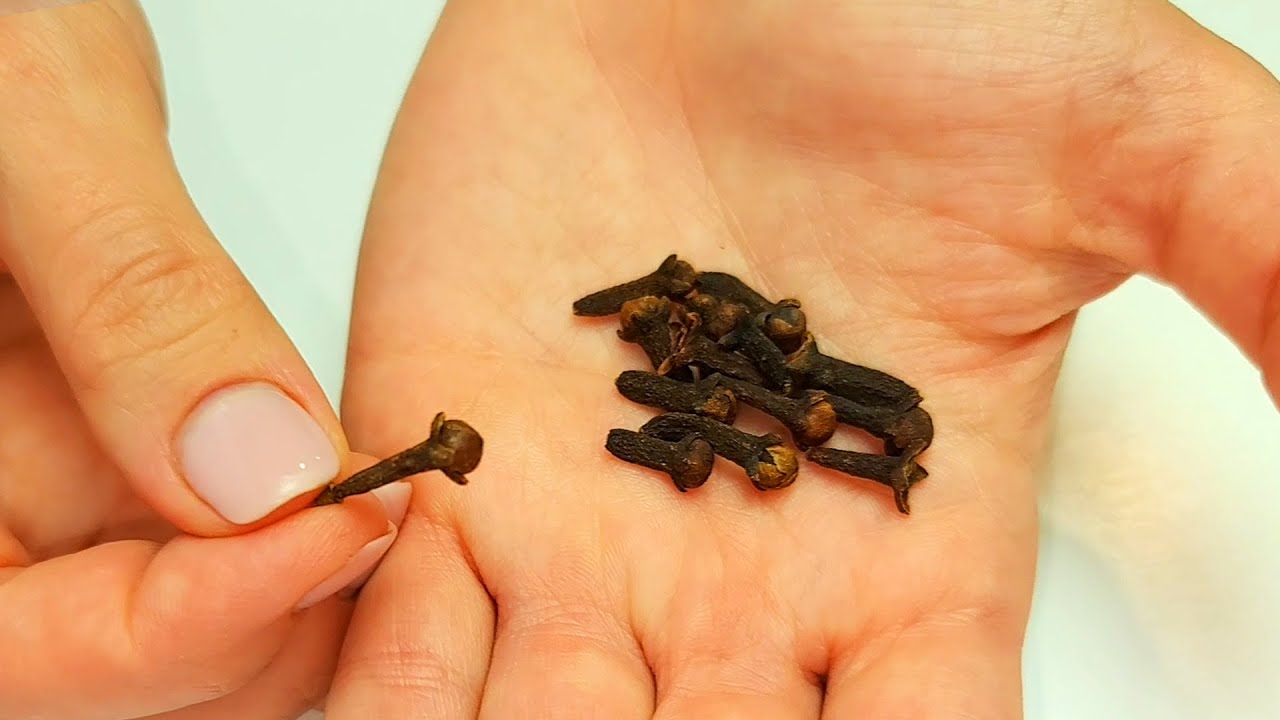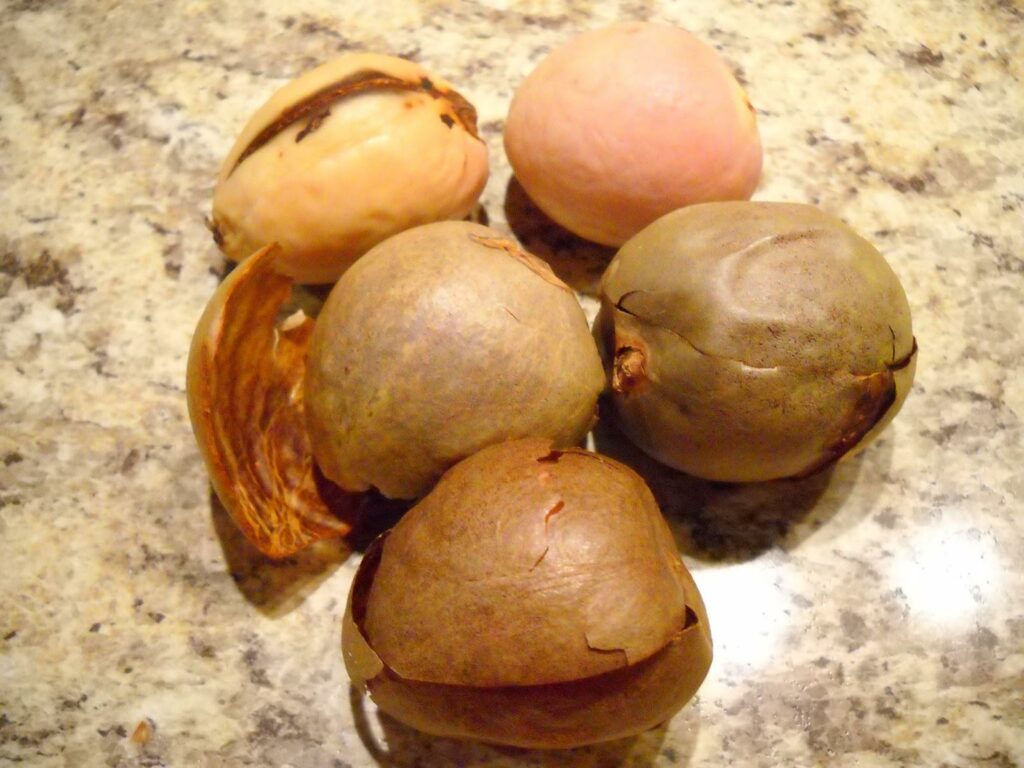
Did you know that the humble avocado holds secrets beyond its delicious green flesh? While we all love the creamy texture of avocado in our salads and sandwiches, there’s an unsung hero in the part we often discard—the seed husk. Recent discoveries suggest that these husks could be a treasure trove of beneficial compounds.
The avocado seed is encased in a thin layer of husk that most of us peel off and toss away without a second thought. However, researchers have found that this thin layer is packed with a variety of chemical compounds that might be useful for medicinal and industrial purposes. This means that the part of the avocado we often throw out could actually be quite valuable.
What makes these seed husks so special? Well, they contain a rich mix of chemical compounds, including antioxidants and antibiotics, which are known to help reduce inflammation and fight bacterial infections. The potential doesn’t stop there; these husks also house ingredients that could be used in everything from cosmetics to food additives.
Imagine if we could harness these compounds. Not only could we make use of a byproduct that is usually wasted, but we could also develop new, natural remedies and products that are environmentally friendly and potentially beneficial for our health.
For those of us who love natural solutions, the idea of using every part of the avocado is appealing. It aligns perfectly with a sustainable lifestyle, minimizing waste and maximizing benefits. You could start small at home by drying the seed husks and grinding them into a powder. This powder can be used as an exfoliant or mixed into homemade face masks for an antioxidant boost.
So next time you enjoy an avocado, think twice before discarding the seed husk. This overlooked part of the avocado is not just waste; it could be a key to unlocking new natural health remedies and more. As research continues, we might find even more uses for these powerful husks, turning what was once trash into treasure.
Let’s keep an eye on the future of avocado seed husks. Who knows? They might just surprise us all with their hidden potential.
